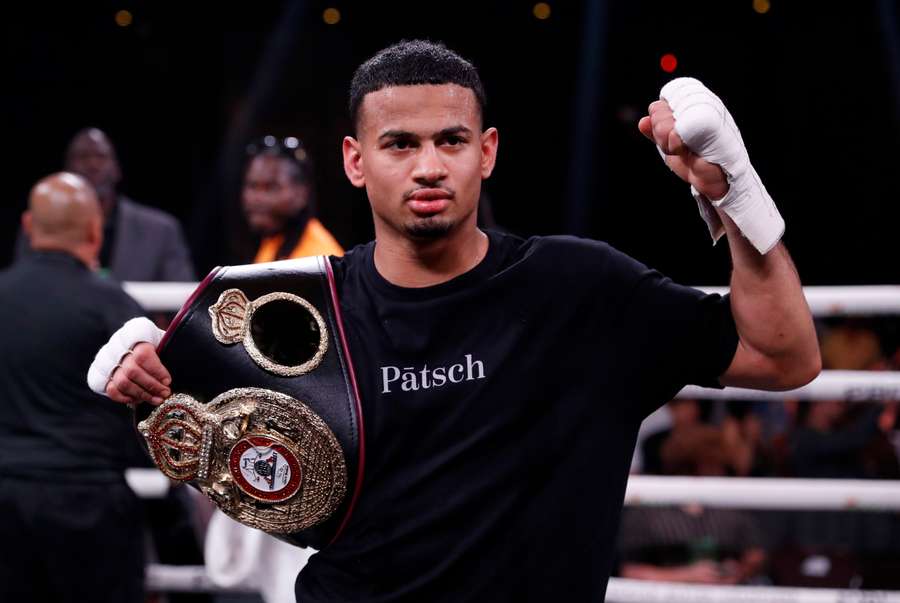After Rolando “Rollie” Romero and Barroso went to war on Saturday night, battling for the WBA 140-lb world title, there was only one name on the lips of fans and pundits alike, that of referee Tony Weeks. In a sport marked by questionable judging, greedy promoters, and backroom deals, Romero vs Barroso stands alone as the most notable example of boxing corruption in recent memory, and quite possibly of all time.
Barroso’s measured approach and sustained offensive presence earned him a comfortable lead entering round 9 of 12. The fight seemed destined for an early stoppage previously in round 3 when Barroso pressed forward and caught Romero with his head straight up in the air. A stiff left hand connected and had Romero hurt, sending him crashing to the ground.
He survived the knockdown in round three, but could not regain his footing in the fight for any consistent offensive output. Entering round nine, Barroso was up on all three judges’ scorecards by scores of 78-73, 77-74, & 76-75. In what would likely be his last opportunity at a world championship, he seemed set to finally achieve his dream of becoming a champion.
Romero would need a miracle to turn things around and pull off the win, and that miracle’s name was Tony Weeks.
A minute into round nine, Romero connected with a flush left hook and followed up with a pushing right hand that guided Barroso to the ground. Despite this being a clear push, referee Tony Weeks ruled it as a knockdown.
The boxing commentators questioned it right there, saying: “Is that going to be a knockdown? “It has been ruled a knockdown despite it looking like a push!” The distinction would have been relevant if the fight decision had gone to the judges, but that was not to be.
With 20 seconds left in the round, Barroso found himself backed into the corner. He was exchanging punches evenly with Romero when Weeks inexplicably decided to stop the fight. Barroso was not hurt and was arguably getting the better of the exchange when the decision was made to declare Romero the winner.
The ringside commentators were incredulous, shocked, and dismayed immediately. “What the…” exclaimed Al Bernstein. “That was bad…” remarked Abner Mares.
By all accounts, the decision to stop the fight was indeed a bad one. Romero did have Barrosos backed into the corner but was swinging wildly and leaving plenty of opportunity for damaging counter-punches. The fighters had one knockdown each. Weeks did not leave anything up to the chance, taking the finish into his own hands.
In the post-fight interview, Barroso did not hold back: “I think it was an injustice to stop this fight; I was giving the best shots. You can see it clearly, I’m the one hitting him, there was nothing clear he hit me with”.
Post-fight interviewer Jim Gray blatantly agreed with Barroso, and added a damning statement at the end: “Before we go back to more, Tony Weeks has refused to talk with us this evening and (the head of the) Nevada State Athletic Commission has refused to come on camera."
The boxing community made their displeasure known with recent headliner Ryan Garcia, former champion Jamel Herring, world champion Claressa Shields and legendary boxing commentator Teddy Atlas all tweeting about the matter.
Romero may have continued to do damage en route to a legitimate victory. Barroso may have dug his boots into the ground and done enough to ride out a comfortable win. For now, we will never know.
What we do know is that, at 40 years old, Ismael Barroso may well never get another shot at boxing gold again.

